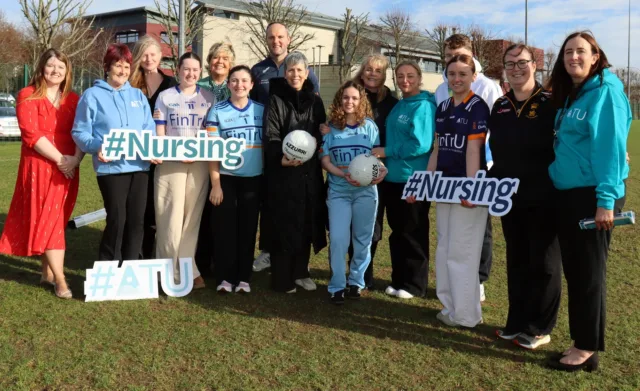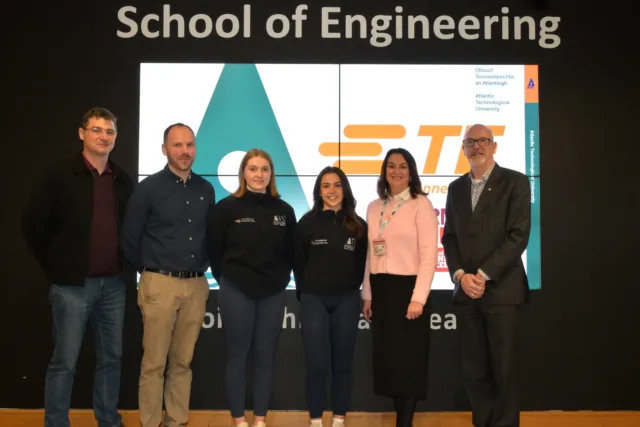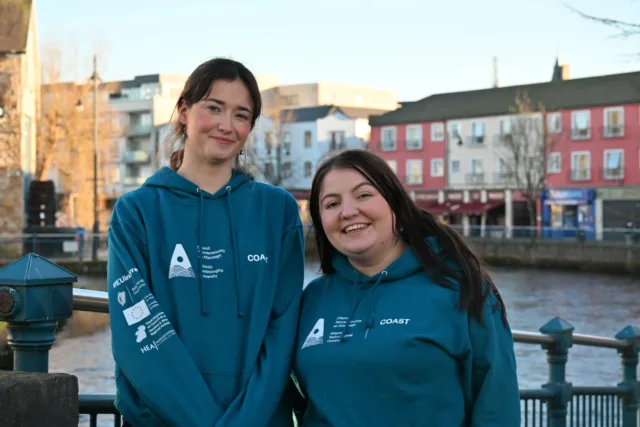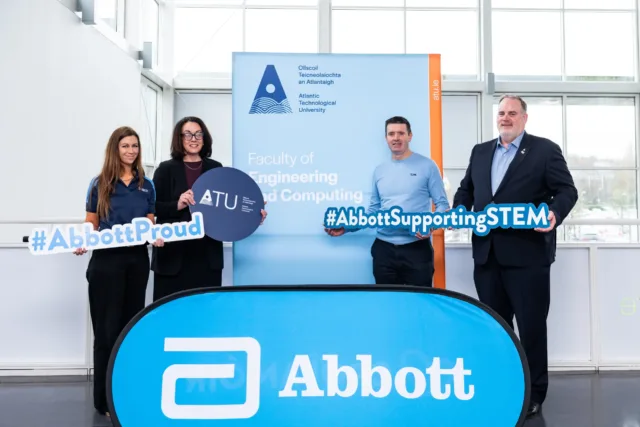Courses
The Water You Swim in Might Surprise You: How Sligo Locals Are Protecting Blue Spaces
A Water Quality Workshop held by PhD researcher, Beth Brown, explores why the health benefits of our waters can come at a hidden cost.
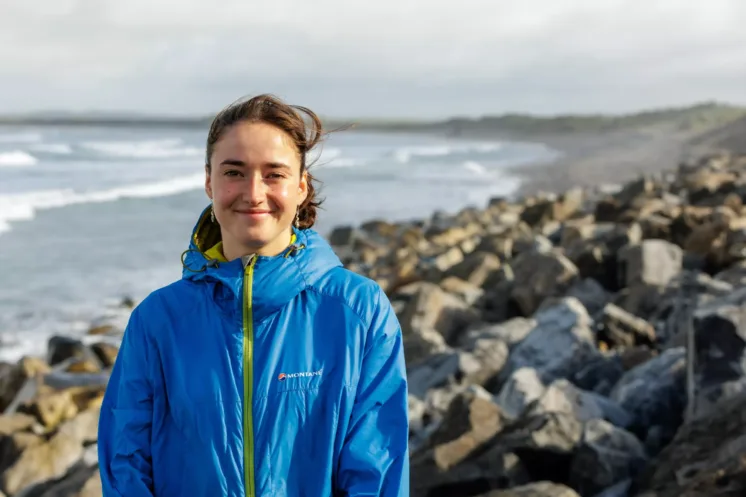
From early-morning swims to surf sessions in Sligo, our rivers and seas provide essential livelihoods, recreation, and wellbeing to the local community. But beneath the surface, invisible risks from E. coli, Intestinal Enterococci bacteria, and the rise of blue-green algae (cyanobacteria), remind us why these blue spaces need protection.
Beth Brown is a PhD researcher at Atlantic Technological University (ATU) under the RISE@ATU programme, monitoring water quality in the Northwest region in collaboration with local communities, swimmers, surfers, and other water users. Her research aims to raise awareness of protecting blue spaces to enhance health and wellbeing.
“My interest in water quality began at home in Chichester Harbour, where pollution has become an increasingly serious concern. Sadly, many of my friends and family no longer feel comfortable entering the water,” Beth explained. “Now, through my research in Sligo, I want to work with communities to keep our blue spaces safe for people and wildlife.”
Testing the Waters
As part of her PhD, Beth trialled rapid water quality test kits developed by BactiQuick across popular dipping, swimming, and surfing spots: Strandhill, Gilbratar, and Dorrin Strand.
While her initial samples showed excellent water quality, they form only a small part of the bigger picture.
“Water quality is complex, and one section of a river or beach doesn’t tell the whole story,” Beth said. “By testing, observing, and acting together, we can make Sligo’s blue spaces safer for everyone.”
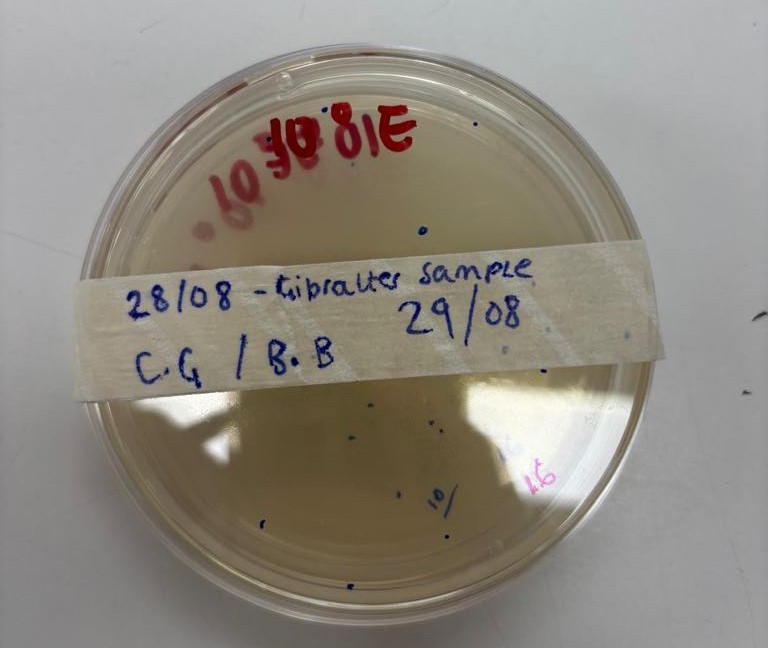
Participants learned how local waters should be regularly and repeatedly tested for bacteria such as E. coli and Intestinal Enterococci which pose risks to water safety and public health.
Unlike traditional laboratory testing, which takes time, money and specialist skills, the BactiQuick kits deliver results in just 15 minutes. This will empower communities to monitor water quality themselves, enabling them to make more informed decisions about entering the water, to protect their own health and possibly also the health of the water.
“I’ll be working with local community groups in Sligo to introduce the water testing kit and gather their feedback, highlighting that coastal communities across countries face similar challenges,” Beth added.
Beth’s research engages with surfers, open-water swimmers, fishermen, and recreational water users, to raise awareness of both the health impacts and benefits of our blue spaces. Their experiences help inform public policy and community action around pollution and hidden bacteria or algae blooms in the water, which can cause stomach bugs, skin and ear infections. Clean waters are vital for local communities, businesses, families, and wildlife, all of which can suffer from contamination and invasive species.
From Waves to Workshops
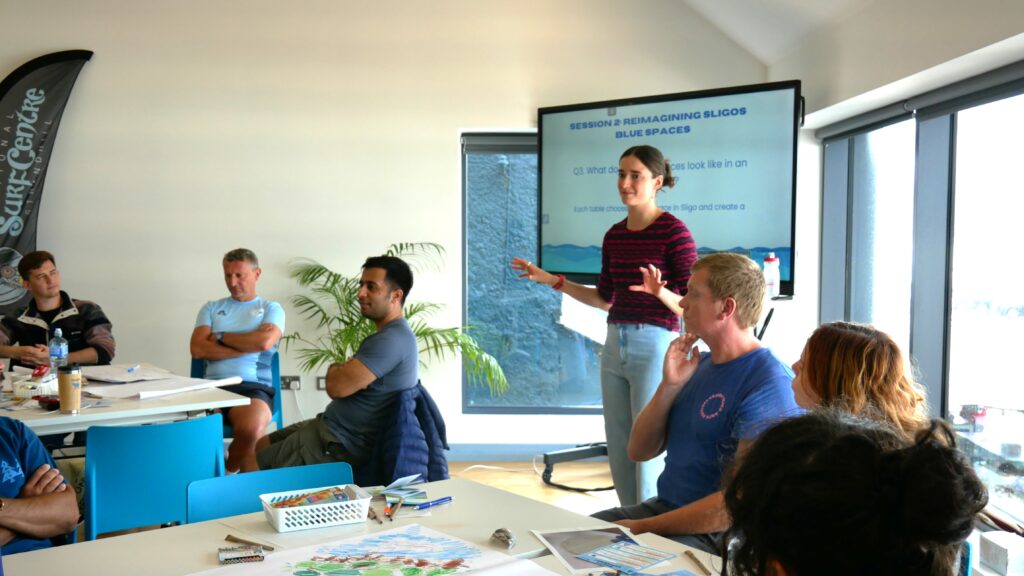
To bring the science closer to home, Beth hosted a Water Quality Workshop at the National Surf Centre in Strandhill which combined creativity and community action to protect Sligo’s local waters. Participants explored how testing works, observed bacteria colonies, and shared their personal experiences of the sea.
The workshop also gave locals the opportunity to reflect on what’s missing in their bathing spots, revealing common priorities:
- Improved facilities and shelters at beaches and rivers
- Educational signage and increased awareness about water safety and pollution
- Protection of local biodiversity and action against invasive species
Beyond water testing, participants engaged in:
- An invasive species talk by Chantel Carr, Biosecurity and Invasive Species Officer at the National Biodiversity Data Centre, highlighting global and local biodiversity threats.
- Kick sample showcase by Luke Kenny from LAWPRO, featuring local river specimens, including an eel and crayfish, sampled from a river near Grange.
- Community beach clean led by Olivia Jones from Clean Coasts, removing plastic pollution to protect wildlife.
- Guided reflective walk along the coast with Dr Bláithín Sweeney, Your Wellbeing Warrior, showing that caring for blue spaces also means caring for ourselves.
Protecting Sligo’s Blue Spaces
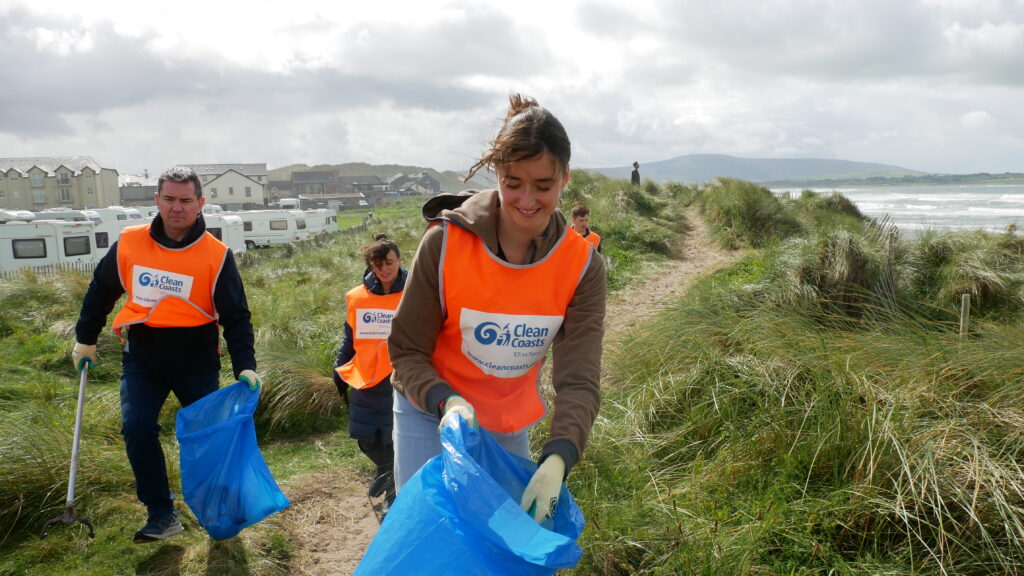
For Beth, these community voices and actions are vital to shaping her PhD research and ensuring Sligo’s waters remain safe, healthy, and protected for future generations.
“Together, we share a collective goal to protect the water that both humans and non-humans rely on and benefit from” – Beth Brown
Beth will continue collaborating with local groups, introducing testing kits, and gathering feedback to give coastal communities the tools to monitor their waters and raise awareness of water quality challenges faced worldwide.
For communities interested in testing local waters or supporting Beth’s research, please contact beth.brown@research.atu.ie. Follow her work on Instagram and LinkedIn.
Special thanks to all businesses and communities that supported this workshop, including the National Surf Centre, BactiQuick, LAWPRO, Sligo County Council, Sligo Outdoor Recreation Partnership, Clean Coasts, Your Wellbeing Warrior, Strandhill Café Shells, and Sauna Sasta.
RISE@ATU is co-funded by the Government of Ireland and the European Union through the ERDF Northern and Western Regional Programme 2021–27.

Featured Image: Beth Brown, PhD Researcher at ATU Sligo, is studying how to capitalise eco-activism in Irish Water Sports for Planetary Health.
Photo Caption: Petri Dish sample from Gilbratar water for testing
Photo Caption: Participants attend Clean Coast beach clean up
Jorden McMenamin
R&I Communications Officer
Ollscoil Teicneolaíochta an Atlantaigh (OTA), Éire
Atlantic Technological University (ATU), Ireland
Tel: 074 918 6127


